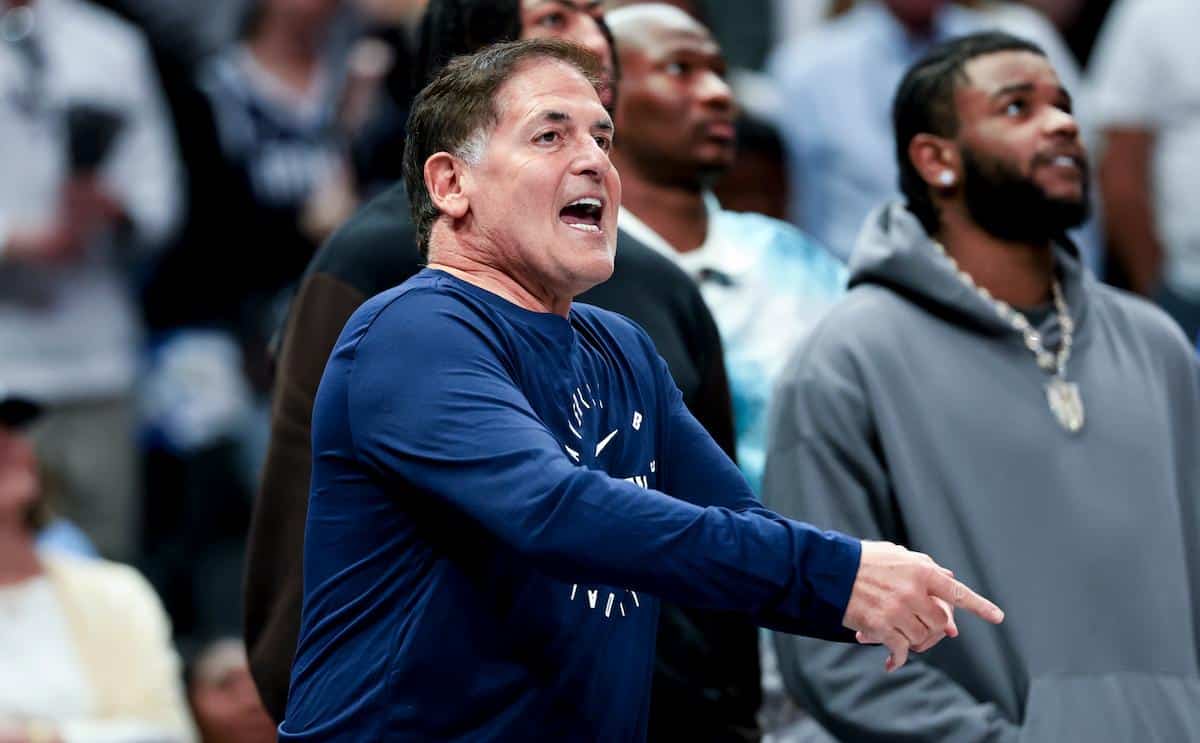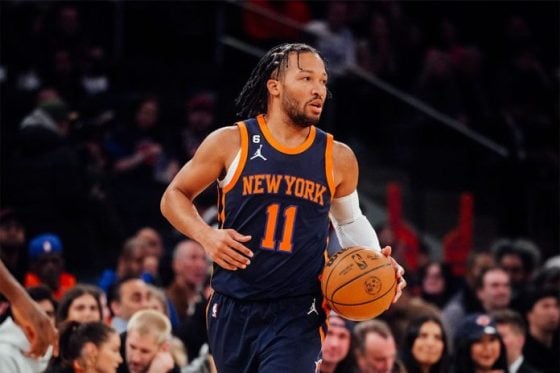Following their Game 1 loss to the Philadelphia 76ers, the Boston Celtics got shelled for their poor defensive effort. They gave up 119 points to a Joel Embiid-less 76ers squad, and James Harden poured in 45 of his own.
But after the game, Joe Mazzulla still found a way to tie in their shooting.
“We only shot 26 threes,” he said. “I don’t know if that’s the best way to go about it.”
The knee-jerk reaction to that could be, “why are you worrying about offense after that defensive showing?” And when you tie in the fact that they shot 38.5% from deep, that conclusion is seemingly validated.
However, three-point shooting has been the identity of this Celtics team. The defense was great in the regular season (top-5 in defensive efficiency), but they made their mark from behind the arc. They made 10 or fewer threes in eight regular-season games and went 2-6.
During practice on Tuesday, Mazzulla emphasized the importance of “honing in on what we’re great at,” listing off key offensive strategies that Boston failed to enforce on Monday night.
“Spacing, execution, making open shots, and making quick decisions,” he said.
The Celtics dropped 115 points, but their offense didn’t play the same style that worked for them all season. They slowed down the pace (especially in the fourth quarter), they didn’t space the floor well enough, and they allowed the 76ers to disrupt their flow.
Boston was able to score a huge bulk of their points in the paint, but it came at a cost.
“I think we got into the paint at will in the first quarter, and that kind of gave us the sense that we could get there and do it every time, and I thought they did a good job of adjusting to their shifts and to going zone,” said Mazzulla.
By the time Boston got comfortable, the 76ers adjusted. The Celtics continued to force the issue in the paint instead of playing to their strengths.
It’s a similar story to their March 3 loss to the Brooklyn Nets, in which they blew a 28-point lead. They scored at will in the first quarter, but as the game went on, they got comfortable, and the Nets were able to come back because the Celtics’ offense wasn’t playing its game.
That was the only other game all year, regular season or playoffs, in which the Celtics attempted fewer than 30 threes.
“Sometimes when you get into a comfort level of, ‘we can get into the paint wherever we want, we have to do it over and over again,’” Mazzulla explained. “So, I think it’s important to know that we have to find that balance of getting into the paint and making the right play. At the same time, we have to shoot open threes.”
Not only did the Celtics’ early success lead to a mismanaged offense, but it also, in part, ushered them into a 16-turnover game — another issue that has belabored them this season.
Philadelphia was able to score 20 points off of Boston’s turnovers, and in many cases, they were unforced errors.
“Our strength is our offensive management,” said Mazzulla. “And so, when you have 20 points off turnovers, when you have 10 live ball turnovers, when you get outshot by 12 at the three-point line, and you get outshot by 11 in general, it really doesn’t matter what coverage you play. It’s a variation game at that point.”
Defense was a serious problem on Monday. The Celtics didn’t play with enough intensity, they failed to effectively contain Harden in the pick-n-roll, and they allowed Philadelphia’s shooters to make them pay.
But in a game Boston lost by just four points, the Celtics, a team that ranked second in total three-point makes this year, got outscored by 21 points from distance.
That’s just not good enough.
“For this team, they’ve been built on defense for a very, very long time,” said Mazzulla. “They have the DNA of that, and they’re always going to play hard, but we manage the game best with our offensive decision-making, and we just have to continue to do that. “






